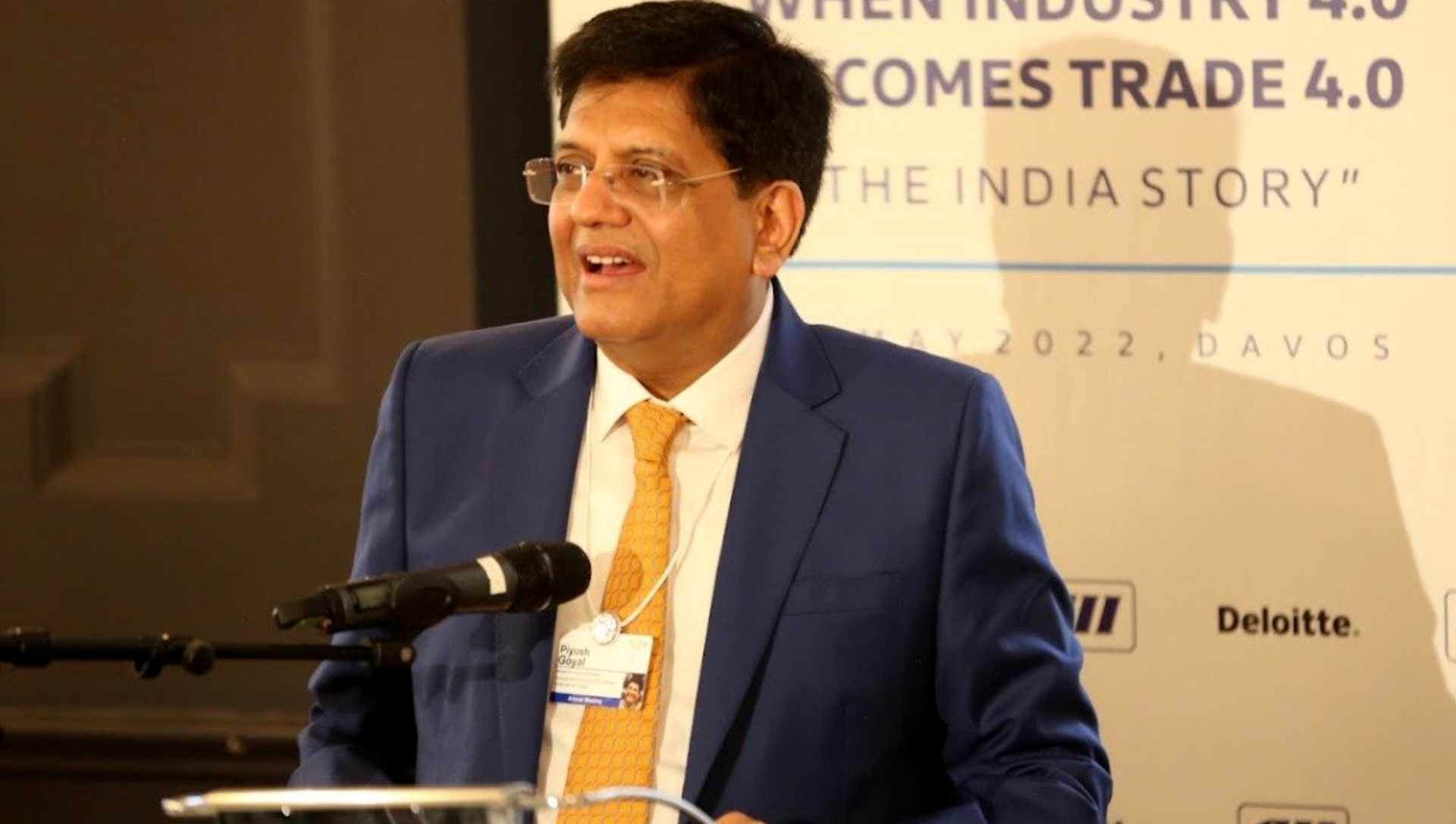NEW DELHI: Union minister of commerce and industry Piyush Goyal on Wednesday confirmed that India will continue to export surplus wheat to friendly countries, especially those who are in dire need of the food grain.
“India will continue to export wheat to the governments which are in serious need of wheat, which are very friendly to us. We recognize the letter of credit which is a genuine one, those will be allowed. We will continue to be a player and we will do the best of our ability. We will continue to export,” Goyal said while speaking at a conclave on the sidelines of the World Economic Forum in Davos, Switzerland.
At a time when Ukraine, the breadbasket of the world, is besieged by Russia, an Indian Agri startup recently bagged an order of 50,00 metric tonnes of wheat from Turkey.
Uttar Pradesh, Punjab, Haryana, Bihar, Madhya Pradesh, Rajasthan and Gujarat are the major producers of wheat in India. Uttar Pradesh and Madhya Pradesh mostly produce the special variety Durum Wheat, the agri-startup told The New Indian about a week ago.
The purchase order of wheat from Turkey comes weeks after Egypt added India as a wheat supplier for them. Countries like Egypt heavily depend on the nations around the Black Sea for wheat supplies due to cost-effectiveness and geographical proximity. India has been supplying wheat to Bangladesh, Sri Lanka, South Korea, Oman and Qatar.
Speaking on the wheat export in Davos, Goyal remarked, “India never was a traditional player in the international wheat market. Until two years ago, we didn’t even export wheat from India. Two years ago, we started with a modest 2 million tons of wheat export. Now we have done about 7 million tons. This was a little surplus that we found available and that got sold. Even within that, it was in the last two months after the war situation developed between Ukraine and Russia.”
“This year we are expecting to grow our production by 7 or 8 per cent. Sadly, we had a severe heatwave in most parts of north India. Wheat had to be harvested early and we have lost production. Initial estimates are down by 7 or 8 per cent. But the figure could be more. Given that situation, what we are producing is enough for domestic consumption with a slight surplus. Which has been already exported,” the Union Minister said at the World Economic Forum.
Goyal led the Indian delegation to the WEF in Davos. As WEF celebrates its 50th anniversary, and India observes its 35th year of collaboration with WEF, a few special events and initiatives were arranged by India. India set up a special lounge called India Lounge this year.
On his return from Davos, Union Minister Goyal will stopover in the UK for a two-day visit on May 26-27 to take forward Free Trade Agreement (FTA) negotiations with British government functionaries as well as business leaders of the UK.
India has been grabbing the attention of more countries for wheat because of India’s penetration of quality improvement and usage of fewer chemicals in wheat agriculture.
Commenting on this to The New Indian, Gyanendra Singh, principal scientist at ICAR-Indian Institute of Wheat and Barley Research in Karnal, asserted, “We have benchmark varieties for different quality parameters. In the past 5-10 years, we have made improvements to wheat for bread, and biscuits to several geological parameters. We are not giving on humanitarian ground but we are selling. We have improved varieties of wheat for the pasta to macaroni. India has received requests from several African nations including Nigeria and Tunisia. Syria has also requested India for wheat.”









